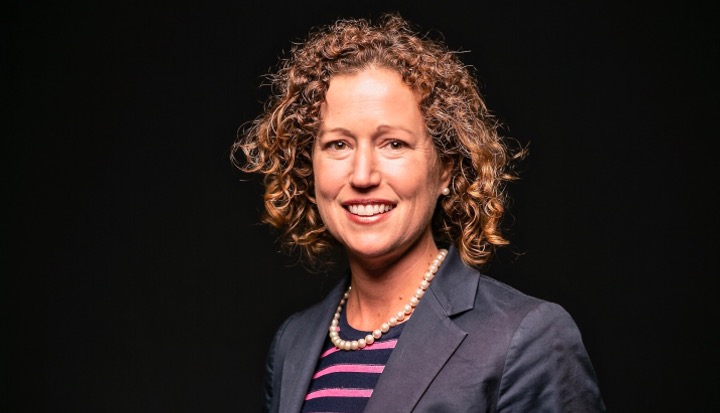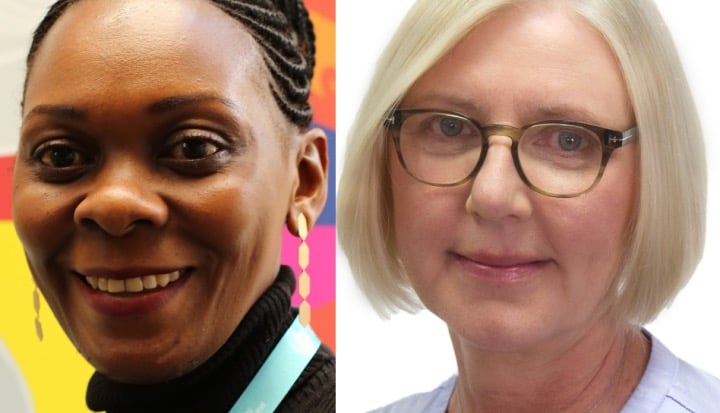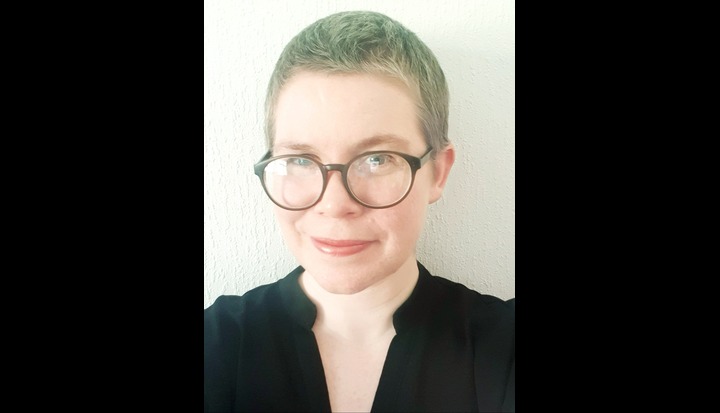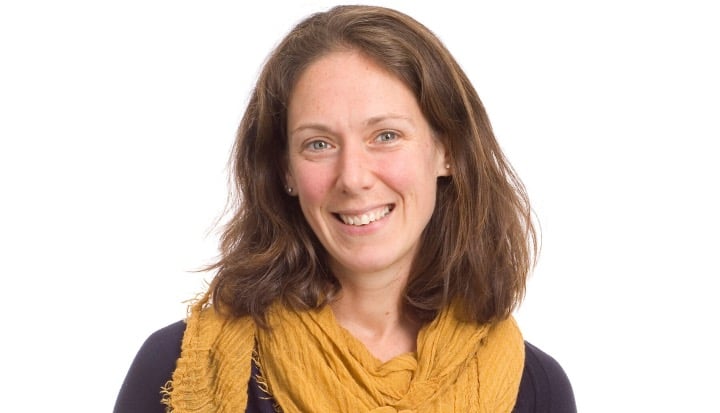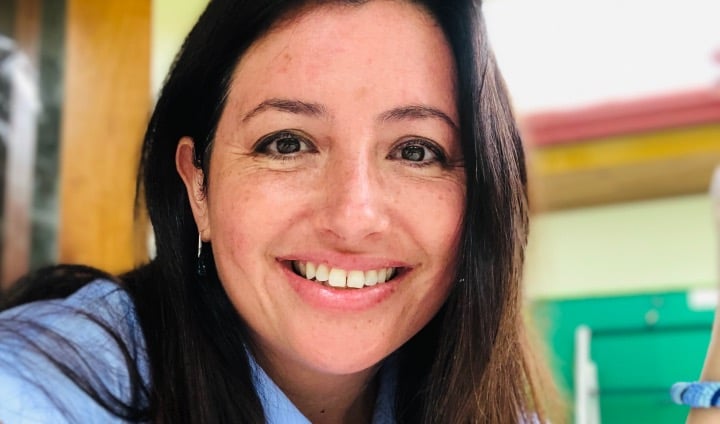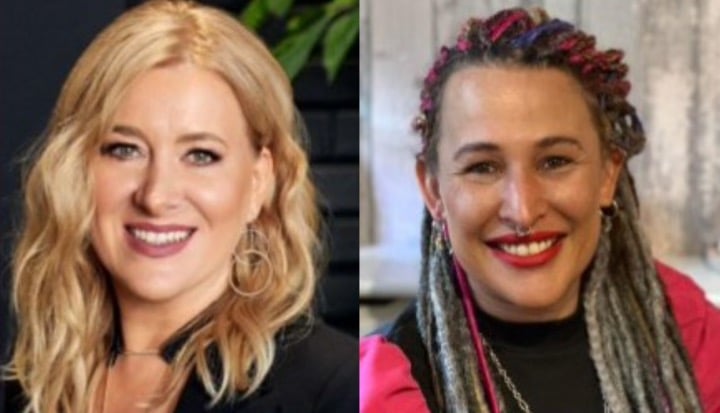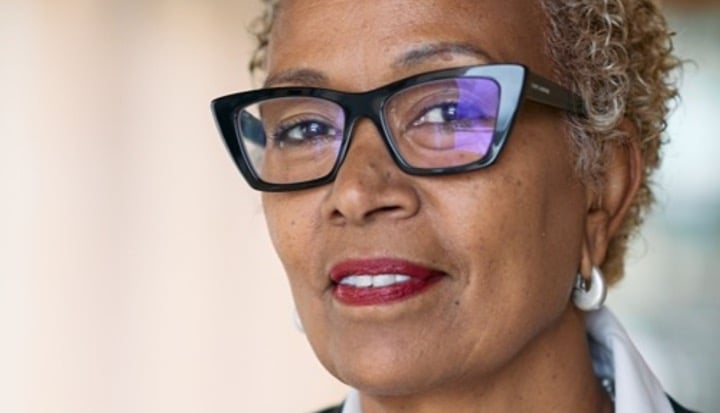BFP: What do you do?
 TW: I am an advocacy specialist at the Ethiopian Chamber of Commerce & Sectoral Associations (ECCSA). I am part of a team working to engage the government with advocacy issues that concern the private sector.
TW: I am an advocacy specialist at the Ethiopian Chamber of Commerce & Sectoral Associations (ECCSA). I am part of a team working to engage the government with advocacy issues that concern the private sector.
The government and the private sector have appreciated that working together is advantageous to both of them. To this end a memorandum of understanding has been signed between the representatives of the government and the private sector. Accordingly the private sector is to identify business bottlenecks and present them to the attention of relevant government ministries. Such high level consultative forums are to be held, at federal, regional and city levels, several times within a year. There will also be one National Business Consultative Conference, which will be chaired by the Prime Minister of the country.
BFP: What is the best part about your job?
TW: The best part about my work is that I am part of a team that is doing its level best to empower the private sector that is believed to immensely contribute to the fight against poverty through the creation of wealth, employment and additional source of government revenue.
BFP: What has been your greatest challenge?
TW: The greatest challenge in this endeavour has been that you may not get immediate results, while there may be anticipated impacts of your activities. Also challenging has been prioritizing issues of advocacy, because of conflicts of interests across the constituencies. Your domestic producers may want you to push for a policy decision in favor of banning the export of skin and hides, so that exporters of leather articles could add more value to their products. Likewise domestic textile and garment producers would be happy if the export of cotton is not allowed for there is high domestic demand for such raw materials at the domestic market. Yet there are strong arguments for the export of raw materials as well.
Another example: High import tax rates on some products could help some domestic producers while low duty tax rates will result in lowering selling prices of imported goods. All these show that these seemingly ‘contradicting’ interests are signals for us to be very careful in handling such issues and we have to take into account the interests of the national economy to strike a balance between these varying interests.
BFP: How have you overcome these challenges? What has been the secret of your success?
TW: In addition to all our activities we introduced a motto of “Buy Ethiopian” to the Chamber’s annual International Trade Fairs to increase the awareness level of domestic consumers, with a view to promoting local products. Domestic industries produce consumer products that have both backward and forward linkages. They also contribute employment for quite a number of people, many of whom also happen to be the only breadwinner in an average family size of about 7 people.
BFP: If someone wants to do what you do, where should they start?
TW: First of all they need to like what they do. They also need to believe that it is through creating wealth that one can do away with poverty. We, at the Chamber believe that government and the private sector need to appreciate that working together is an imperative to developing the economy.
BFP: What do you hope to get out of being part of the BFP community?
TW: What I like most about it is the very title of this community, “Business Fights Poverty”. I really like it very much. Apart from that, it has brought together wonderful people of different capabilities, from all walks of life. I am very proud and privileged to be a member of this wonderful gathering. I have witnessed that there are different events, although I haven’t participated in any one of them so far and that’s what I am planning next.
Thank you to Tamiru Woubbie for taking the time to do this interview.
We’re always looking out for members to feature. Help us by taking two-minutes to update your profile, or by nominating someone for Business Fights Poverty Member of the Week.
This Member of the Week interview was conducted by Hester le Roux, BFP Member Relations Manager. Read previous Member of the Week interviews here.



